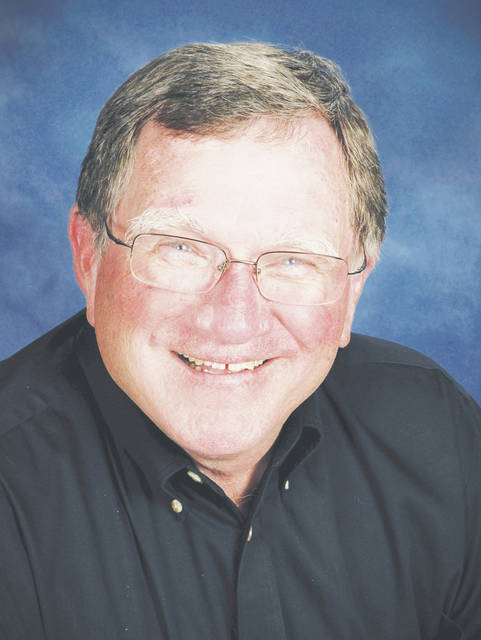
“Do you read me?”
That phrase was first used decades ago with the early use of radio communications. The phrase has evolved over time to mean much more. It now generally means, “Do you understand what I am saying?”
The ability to communicate clearly is vital, but it can be somewhat complex. Various websites say this about communication: “Humans communicate by thinking of the information they wish to share, encoding it, and transferring it by either verbal, nonverbal or written mediums directly to a receiver who then decodes the information. Communication methods include eye contact, sign language, pictures, writing and sound.”
With that complex definition, there will always be plenty of room for misunderstanding.
That description of communications is much more complicated than the first telephone message spoken by the inventor of the telephone, Alexander Graham Bell, when he said, “Mr. Watson. Come here. I want to see you.” Since Bell spoke those few words to Watson, trillions of words have been spoken over the telephone. I’m sure many of those words have been misunderstood.
Verbal communication, whether it’s face to face, on the telephone, voicemail, radio or television, is probably our most common means of communication.
It is also very easy to miscommunicate – to misunderstand. It requires that the speaker and the listener are on the same page – so to speak.
Only a few people still enjoy writing letters. That’s a shame.
Recently, I was going through some old boxes upstairs and started reading letters I received from my sons about 25 years ago. They were in the service at the time.
Josh was stationed in Alaska with the Army. Danny was in the Coast Guard stationed in Key West.
Simply re-reading their letters brought me a feeling of love, warmth and happiness. Knowing that I was holding the very paper they held as they wrote their letters to Dad … well, it just felt good.
It’s hard to imagine going through life without being able to read.
Years ago, when I was a teenager working on a produce farm, I met an old guy named Frank. As a teenager, anyone who drove a truck for a living and wore bibbed overalls to work every day seemed like an old guy.
Frank was of indeterminant age. He might have been anywhere from 4- to 75 years old. I enjoyed talking with Frank as we loaded ripe melons onto his old, flatbed delivery truck. With the wooden sides set in place, we could really pile on the melons.
Once loaded, Frank would head west toward Indiana to make drops at markets and grocery stores over a large area of western Ohio and Indiana. Everybody seemed to like Frank.
One day, I mentioned to my Mom about how much I enjoyed talking with Frank. She mentioned that he was a very nice guy, and that it was a shame that he never learned how to read.
I was shocked. It was hard to imagine getting along in life without being able to read. I found it nearly impossible to imagine driving from state to state and finding your way to various locations without being able to read the words on a map.
Mom explained that Frank couldn’t read, but that he could “‘recognize” some simple words.
As readers, if we see a word we don’t know, we can sound it out by pronouncing the letters as they appear. After repeating it a few times, the word that is spelled by the letters makes sense. We had read the new word.
Frank didn’t know the alphabet. He couldn’t sound-out words, but after seeing an unfamiliar word a few times, he would eventually recognize the word whenever he saw it.
Also, Mom explained, Frank knew his numbers and directions. If he headed west on SR 725, he knew it would become SR 44 in Indiana. He also knew that if he followed the signs for SR 44 he would eventually enter a town with a name that looked like … LIBERTY. Then he found a sign that looked like “IGA” and he would stop to drop off some melons.
Frank was able to get though life without being able to read, but, oh my goodness, what he missed.
He didn’t know the adventure and the beauty of sailing the south seas as described in the book “Mutiny on the Bounty.” He missed the magic that is contained in the words of poetry and the peace that can be achieved from reading the Psalms of Solomon. He was denied the joy of reading a Dr. Seuss book to his grandchildren.
There is a certain joy in reading that should not be denied to anyone.
For all the Franks who live in our community, a group called the Clinton County Adult New Readers would love to help you experience the joy of reading. They are supported by United Way of Clinton County.
For more information, call our United Way.
No one should be denied the joy that is found in a good book.
“Do you read me?”
Randy Riley is former Mayor of Wilmington and former Clinton County Commissioner.


